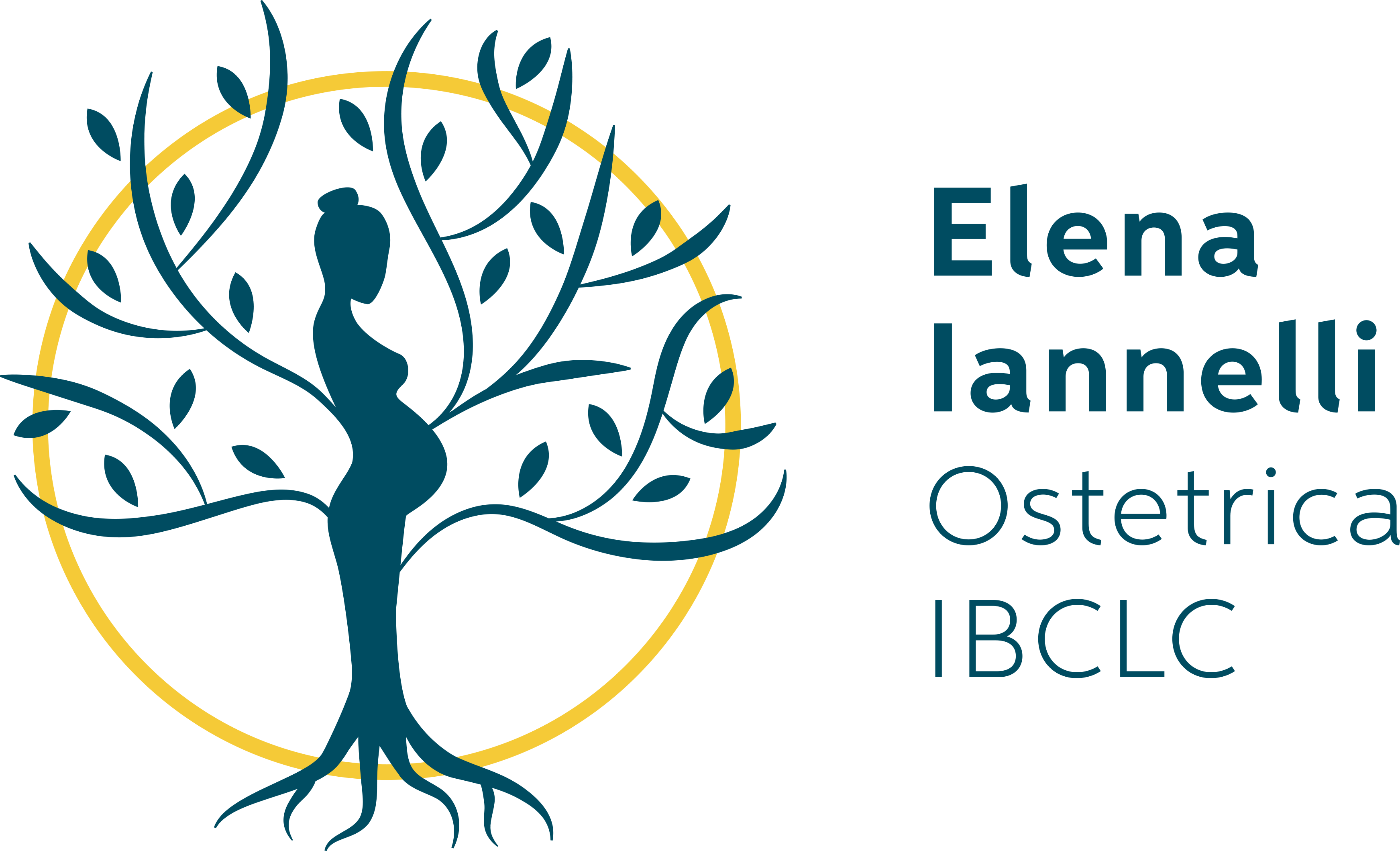Drugs and Breastfeeding: find out the truth

Although breastfeeding is the recommended feeding method for infants in the first 6 months and over (with the introduction of complementary food), its rates are lower than recommended. There are different reasons for this high discontinuation rate, including common misconceptions about medications in breastmilk.
Healthcare professionals very often experience many difficulties when prescribing medication to breastfeeding mothers. Information on drug transfer to breastmilk is not always easily accessible and some professionals advise women to discontinue breastfeeding if they are not confident that the medication is suitable in breastmilk; in addition, many medication package inserts discourage breastfeeding to avoid risks of litigation. Women often feel they have no alternative to ceasing breastfeeding when they have been prescribed medications. However, in many cases, this is not necessary.
Due to ethical reasons, drugs are not tested on lactating women, therefore, such use is not included in the licence application. The prescriber, before making a decision, should have as much information as possible regarding the specific drug, class, dosage and pharmacokinetic, about the reasons why the mother needs to take that drug and for how long, and ultimately, about the baby: the general wellbeing, age, weight and frequency of feeds.
Using specific information on the concerned medication, it is possible to make a decision on its relative safety. Scientific evidence suggests that by taking a few simple precautions when prescribing for mothers, breastfeeding rarely needs to be discontinued or discouraged.
By understanding the principles of drug passage into breast milk and systematically evaluating the mother’s needs, infant factors and the data on specific drugs, clinicians can usually devise treatment plans that allow breastfeeding whilst minimising the risks to the infant.
The transfer of medication into human milk shares some of the same principles as crossing the placenta, with most by passive diffusion. The foetus receives five- to tenfold higher levels of medications through the placenta than the baby does via breastmilk.
Take also into account that drugs considered safe in pregnancy are not necessarily safe for breastfeeding (as it is often assumed), because of the difference in metabolism between pregnancy and after birth.
If you have been told to stop breastfeeding because of a medication you need to take, it is always best to seek advice from lactation consultant who can advise you further on this topic.

